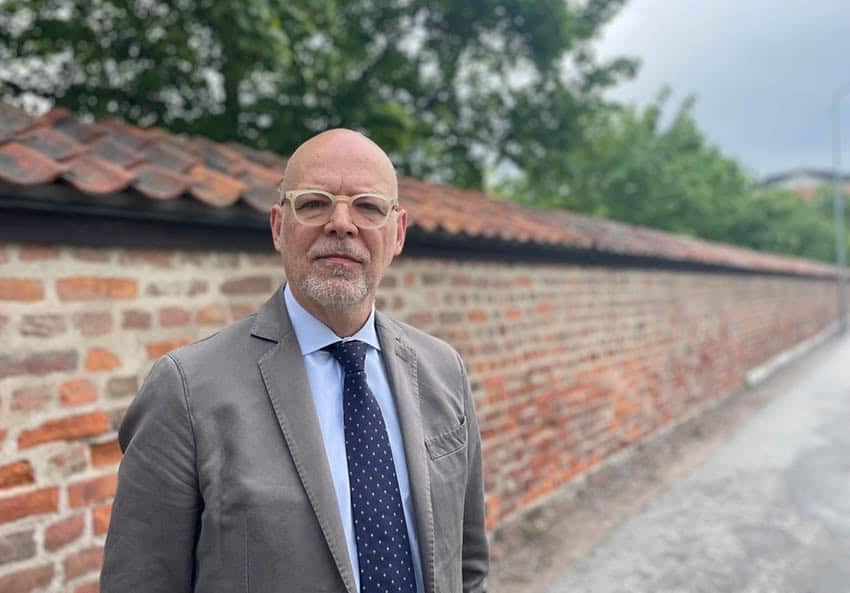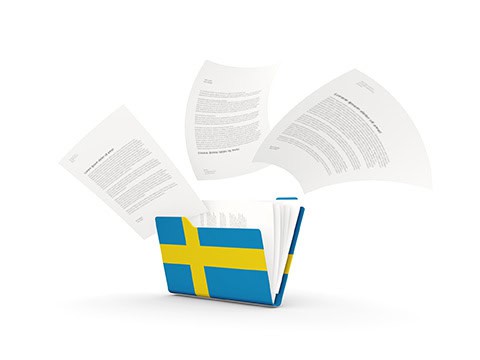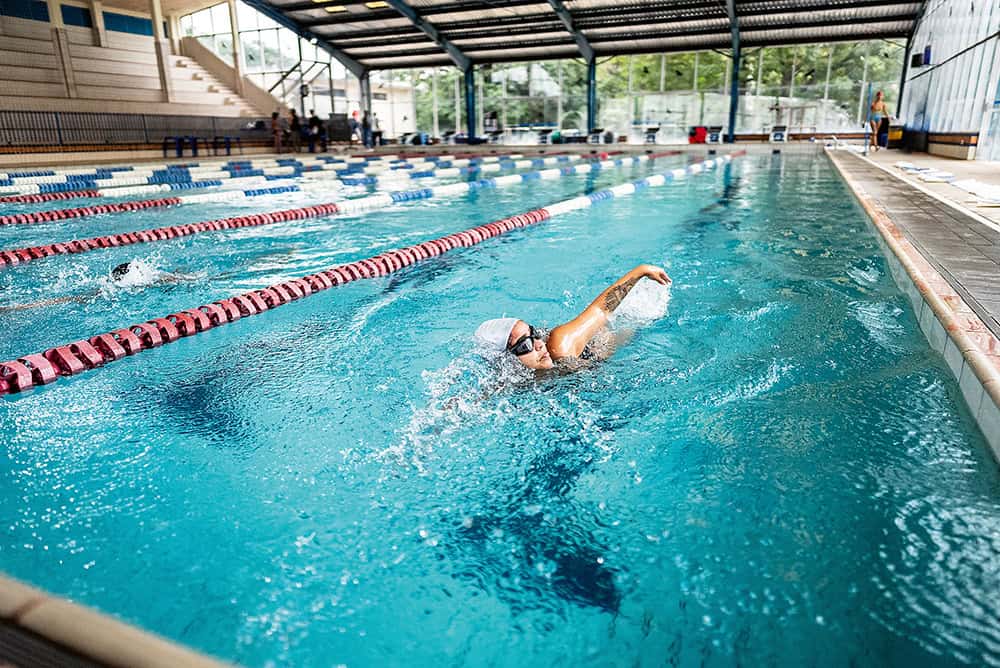Under today’s rules, a doctoral candidate or researcher can qualify for a permanent residence permit in Sweden after four years. The Migration Committee’s proposal is to also introduce requirements regarding means of financial support, as well as a certain level of knowledge of Swedish language and society, for anyone applying for a permanent residence permit. The proposed changes would add to the difficulties for many researchers who wish to stay longer in Sweden.
The damage that this could cause to Sweden’s attractiveness to researchers is highlighted by SULF in its formal response to the government’s consultation paper on the proposal, and this view is shared by the Swedish Migration Board and the Confederation of Swedish Enterprise. If the proposed new requirements are to be introduced, SULF believes that this must be done well in advance.
Foreign doctoral candidates and postdocs have previously emphasised that a heavy workload can be an obstacle to their ambition to learn Swedish. Stricter migration rules would therefore make higher education institutions’ support for their foreign staff even more important, and SULF has therefore called for funding to be provided for this.

“Higher education institutions need to both offer education and allow time for studies,” says SULF’s chief negotiator Robert Andersson. “Perhaps a Swedish language course could be included in the doctoral programme.”
Scholarship-holders don’t qualify
The way that the Migration Committee has formulated the requirements regarding means of financial support means that scholarship-funded applicants would not qualify, nor would people who receive unemployment benefit, and SULF is critical of this.
As is already well known, there is a large number of employees on fixed-term contracts within higher education, which means that periods of involuntary unemployment between jobs are common. Universitetsläraren has previously also revealed that at least 20 per cent of postdocs are funded by scholarships.
SULF’s preferred choice is to end the use of scholarships as a means of financial support. If that doesn’t happen, SULF wants to see scholarship recipients exempted from the requirements regarding financial support, or at least be given plenty of time to fulfil the requirements after the end of the scholarship period.
Robert Andersson sees no improvements for researchers in the Migration Committee’s proposal, but the government has also set up a committee to conduct a review of labour immigration, and this will include an examination of expulsion of highly qualified people for purely bureaucratic reasons or due to mistakes in their applications.
“This might be more positive,” he says, “but some of it may clash with the contents of the Migration Committee’s proposal.”

















